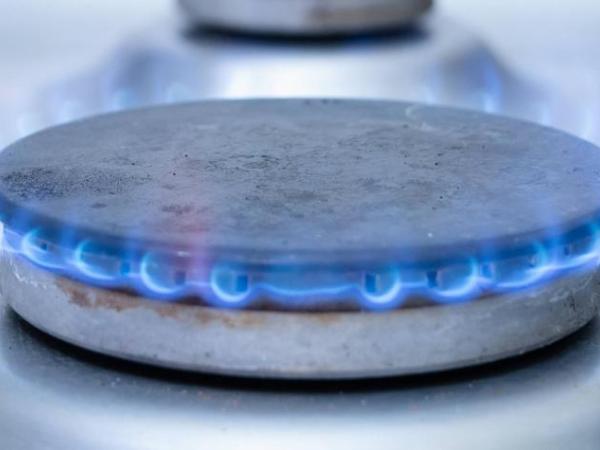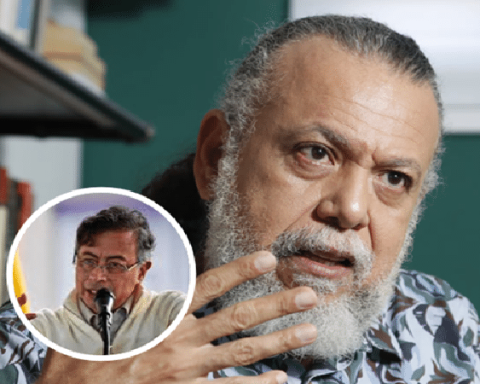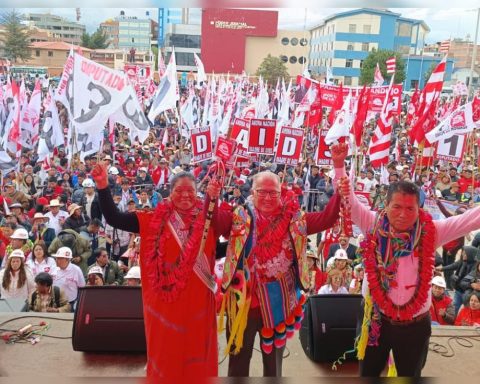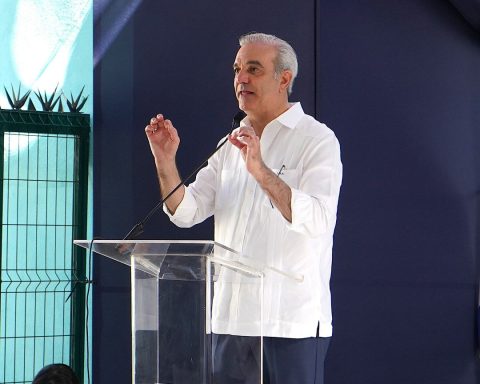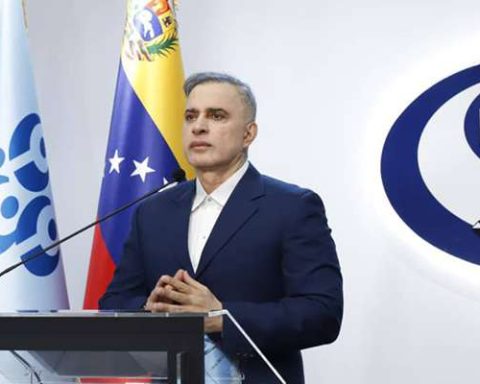The country’s energy policy has been one of the most critical issues in the electoral contest for the presidency. Recently, the oil sector published its medium- and long-term projections under a scenario of sustaining the exploration and production of hydrocarbons.
(Read: Oil municipalities in the country receive 5 times more income).
They also did it under a reality of weakening with a public policy that places a greater tax burden on the oil and natural gas sector. According to Francisco José Lloreda, president of the Colombian Petroleum Association (ACP), a new reality under the second scenario would mean that in five years the oil production falls 47 percent and gas, 27 percent.
In this sense, Colombia would anticipate gas import projections, which would occur before 2026. For its part, oil would have to import it from 2028. The economic study carried out by the association explains that this deficit would occur because only projects already approved for the development of discovered resources would be executed, and only the exploratory wells from contractual obligations of the companies with the National Hydrocarbons Agency (ANH) would be drilled. .
Likewise, some resources already discovered would remain undeveloped, there would be no additional exploration or pilot projects in conventional deposits. through fracking.
This, according to Lloreda, would lead to fuel prices skyrocket and the household gas bill, but there would also be a risk for the backup of electricity generation with gas in times of drought or to cover the intermittency of non-conventional renewable sources.
The ACP calculates that in four years the price of the gas bill would multiply five times and Colombians would have to pay 6 billion dollars a year to bear this cost. In addition to the high volatility in the price.
Regarding the stability scenario, the oil and gas sector would generate income for the Nation for 105 billion in the next four years and 227 billion until 2032, contributing to the financing of social development programs, economic reactivation, productive and energy diversification and the fiscal balance of the country.
(Besides: The dollar and fear of a recession, guilty of the fall in oil).
Along with this, I would have contributions frome 38 billion pesos for royalties in the next government and 80 billion until 2032. According to Lloreda, if there are no more contracts, then the natural thing is that they reduce their presence in the country and the parent companies take the investment to other places. On the contrary, in a reality of sustaining the energy policy, 84 billion pesos would be encouraged in investments in the sector during the next government and 172 billion until 2032.
BRIEFCASE
With information from EL TIEMPO*
